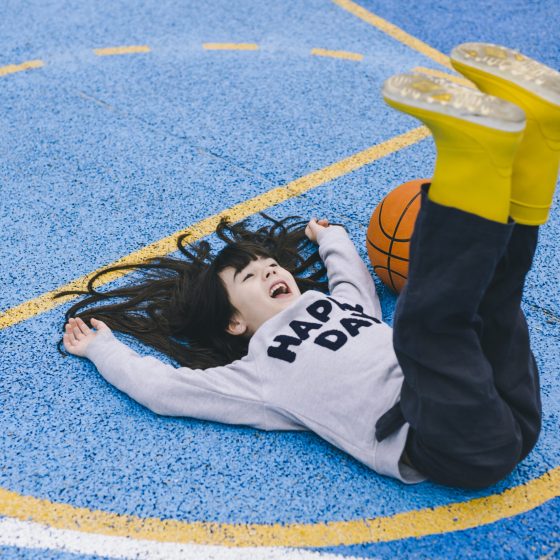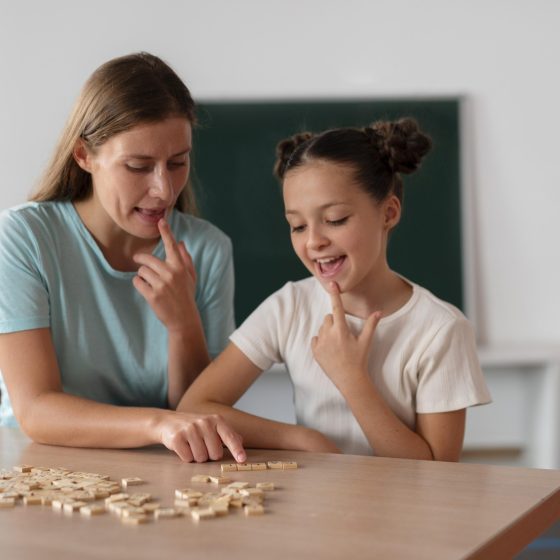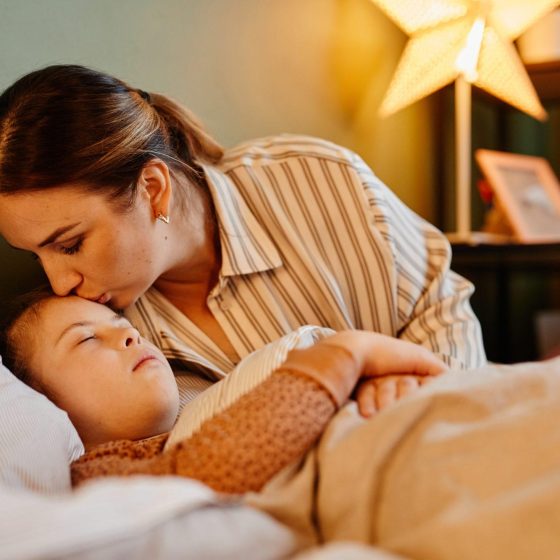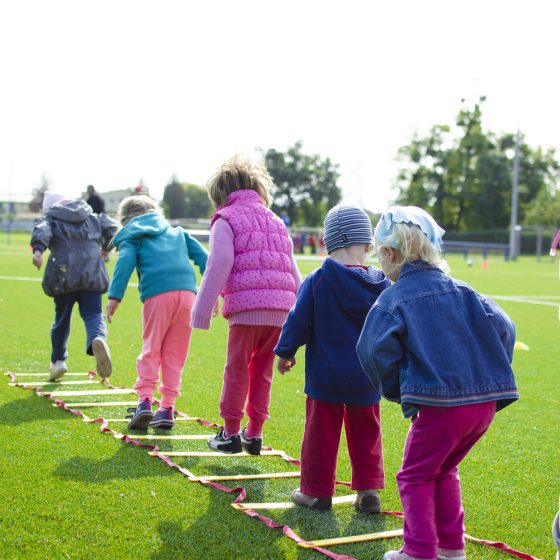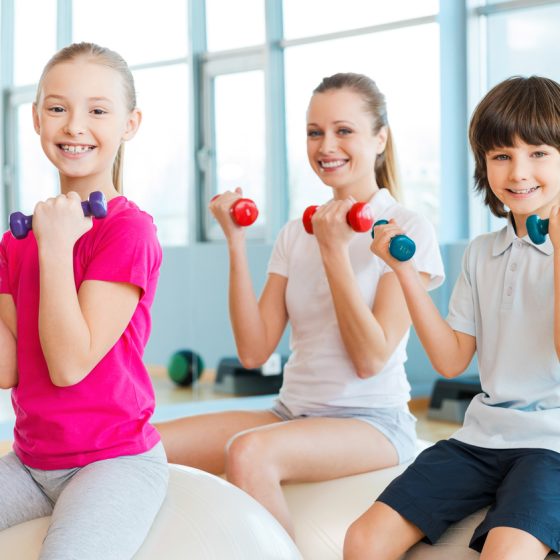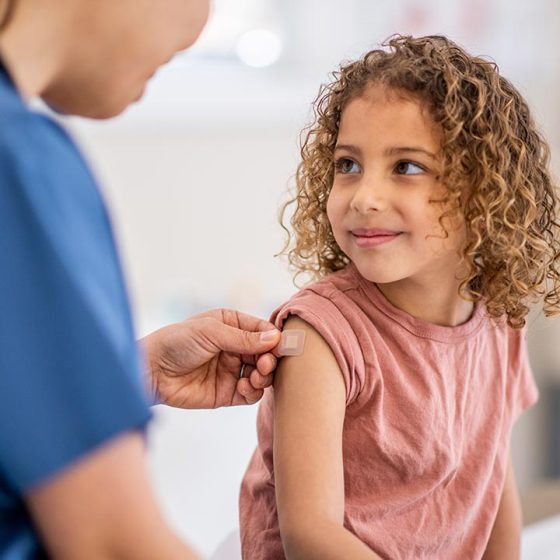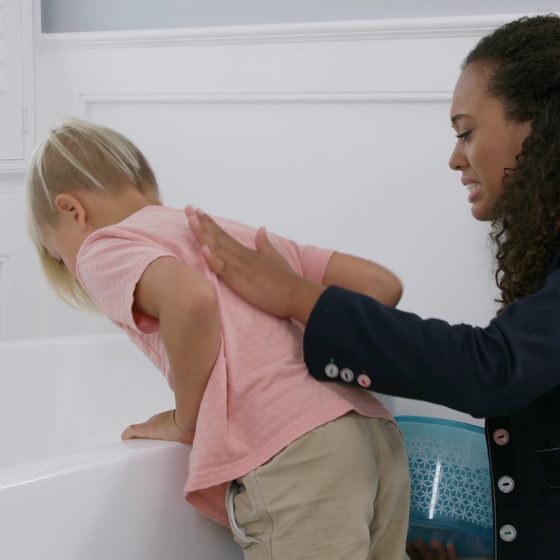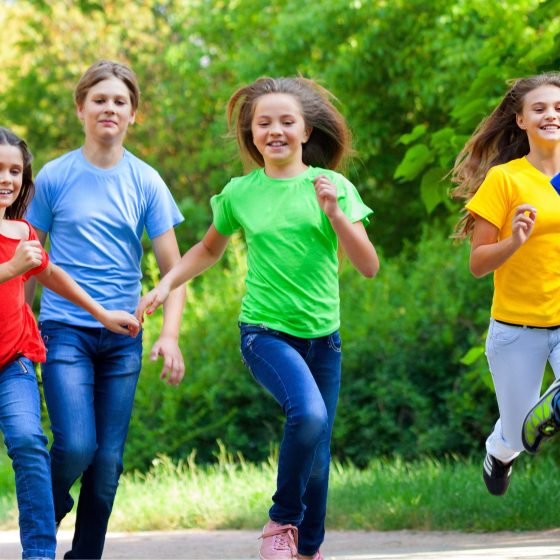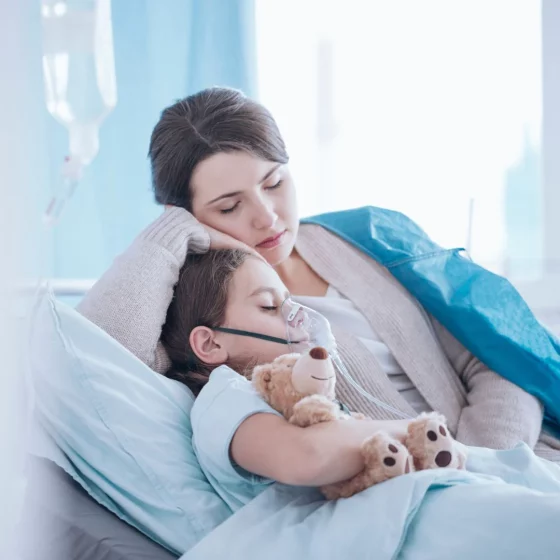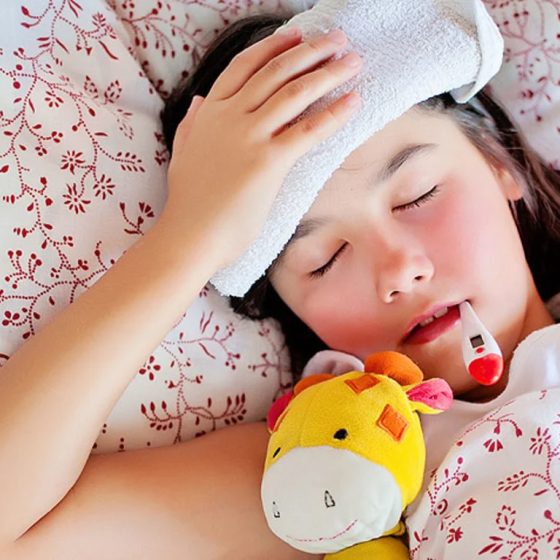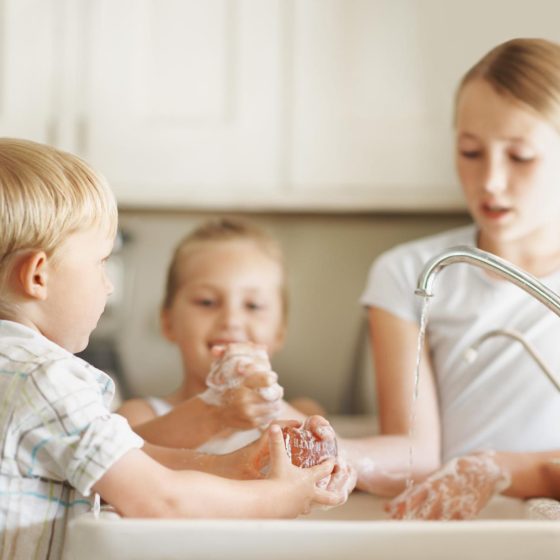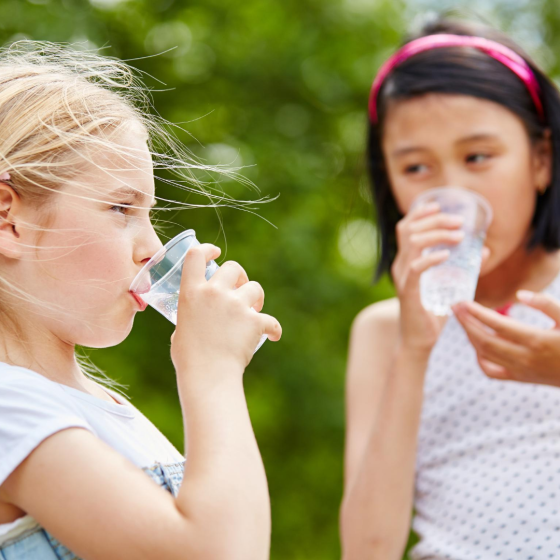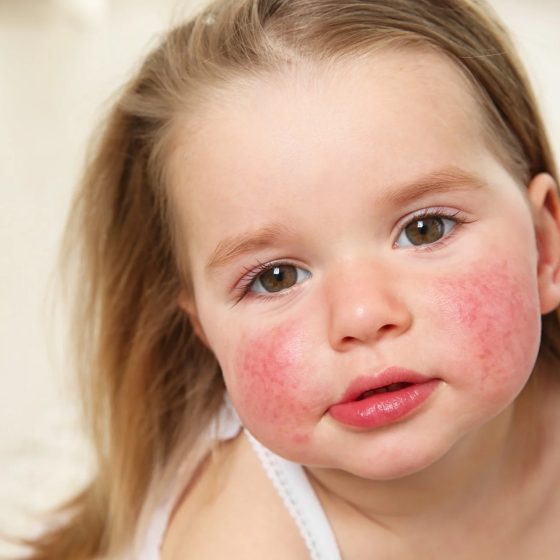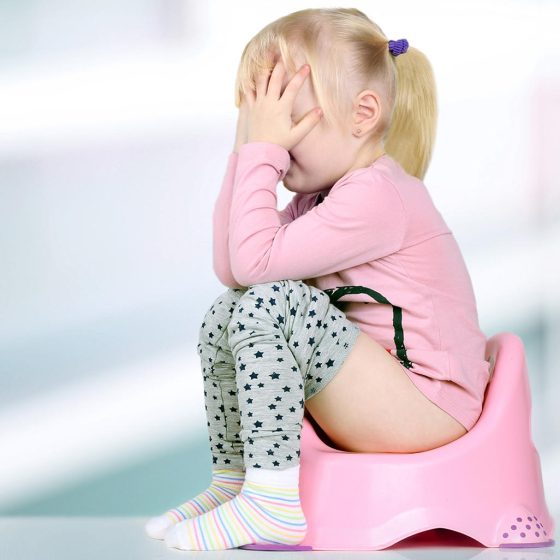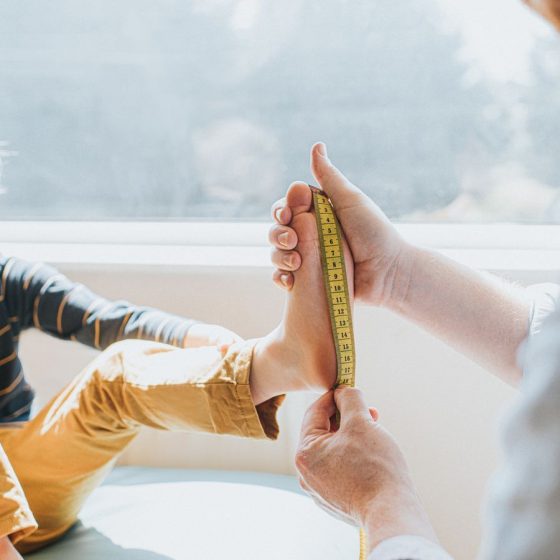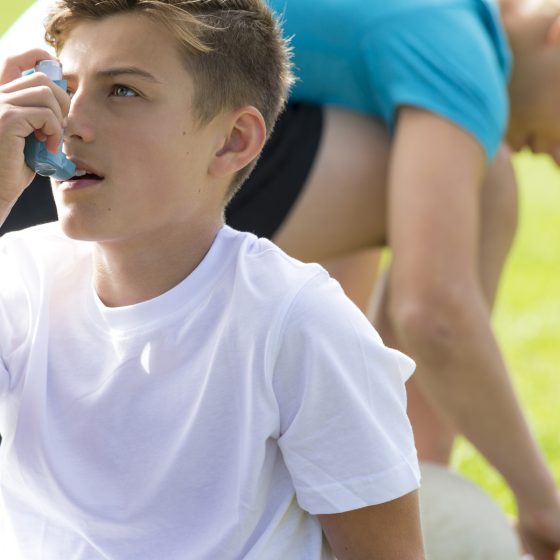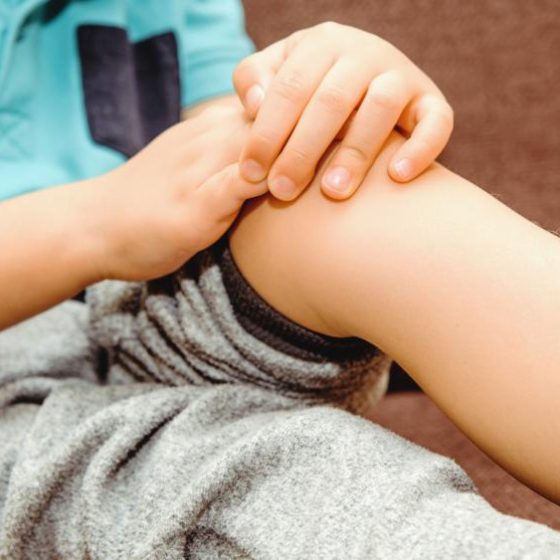Developing life skills through sports
Key facts Organised sport has many physical, developmental, psychological and social benefits for children. Playing sport helps children learn to control their emotions and channel negative feelings in a positive way. Playing sport helps children build resilience and feel better about themselves. Parents play a key role in developing a child’s life skills through participating in sport. To keep your child interested and enjoying sport, make it a positive experience for them. Keep the focus on having fun and being active, rather than on winning. Organised sport has many psychological and social benefits for children – even more than the
